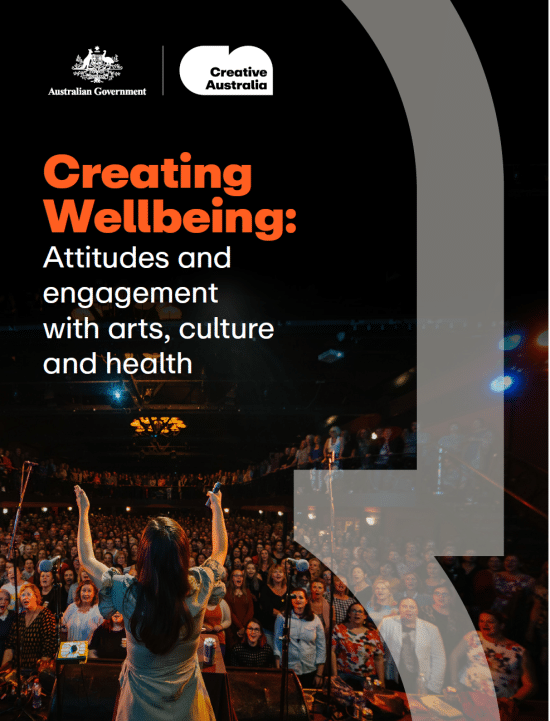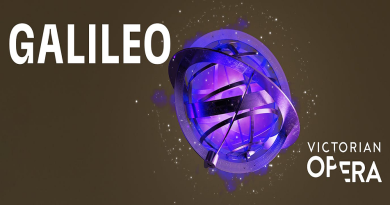Most Australians agree: arts and culture are good for us
Creative Australia has today published two important new research reports on creativity and wellbeing. The first shows that Australians overwhelmingly recognise the role of the arts in supporting health and wellbeing and explores how we can best support creative practitioners to make these vital contributions.
It is estimated that over two in five Australians aged 16-85 will experience a mental illness at some point in their lives. Mental health services cost the Australian Government $11.6 billion in 2020– 21, while the cost of mental illness to the broader economy has been estimated to be $70 billion.
The first research report, Creating Wellbeing: Attitudes and engagement with arts, culture and health provides powerful evidence of public support for the idea of arts and creativity benefitting health and wellbeing.
The second, Creative Solutions: Training and sustaining the arts for mental health workforce identifies the professional development needs and support structures required to ensure that this work is safe and sustainable for all involved.
Dr. Georgie McClean, Executive Director Development and Partnerships:
Creative participation helps us express ourselves, connect with each other and feel a sense of community. It has been shown to be highly effective in addressing social isolation, anxiety and depression and helping communities deal with the fallout of natural disasters. We can support the health sector with creative approaches that address the scale and cost of the problem, and reach beyond our overburdened mental health system to connect those who need help.
Two key insights from Creating Wellbeing: Attitudes with arts, culture and health include:
- Most people agree that engaging in the arts can have a positive impact on their health and wellbeing, including mental health (89%), social health (84%), physical health (70%), family life (72%), community life (75%), and knowledge and skills (82%).
- Most respondents are open to arts on prescription. Almost nine in ten respondents are either ‘very open’ (42%) or ‘somewhat open’ (43%) to arts on prescription for mental health conditions. Arts on prescription is an innovative practice that seeks to improve overall wellbeing by including arts engagement as part of health treatment plans.
Dr. McClean:
The Black Dog Institute estimates that some 65% of people with mental health concerns do not seek help and over 50% of those who die by suicide have not made contact with a mental healthcare provider. We need to be more proactive and develop new, evidence-based approaches to make sure those who need support can find ways to stay connected. The evidence is telling us that equipping artists and creative community development practitioners to work safely and well in this space can make a real difference.
Two key insights from Creative Solutions: Training and sustaining the arts for mental health workforce include:
There is an urgent need for models of professional supervision and/or a community of care. At present, independent practitioners are often working in isolation, without organisational support or sufficient pastoral care, and in environments that are highly challenging and complex.
Mentoring is a highly valued source of training in arts for wellbeing practice, providing a structured means of sharing knowledge with attention to the specifics of program context.
Mentoring is currently a common source of training for many arts and wellbeing practitioners and could be scaled up and formalised with additional support.
Dr. McClean:
Creative Australia will be co-hosting a cross-portfolio session at Parliament House with Special Envoy for the Arts, Susan Templeman. This will be an opportunity for us to share the recommendations of our 2022 report, Connected Lives: Creative solutions to the mental health crisis and discuss the need for leadership, policy, and resources to maximise and scale up work already being done.
For more information click Here




